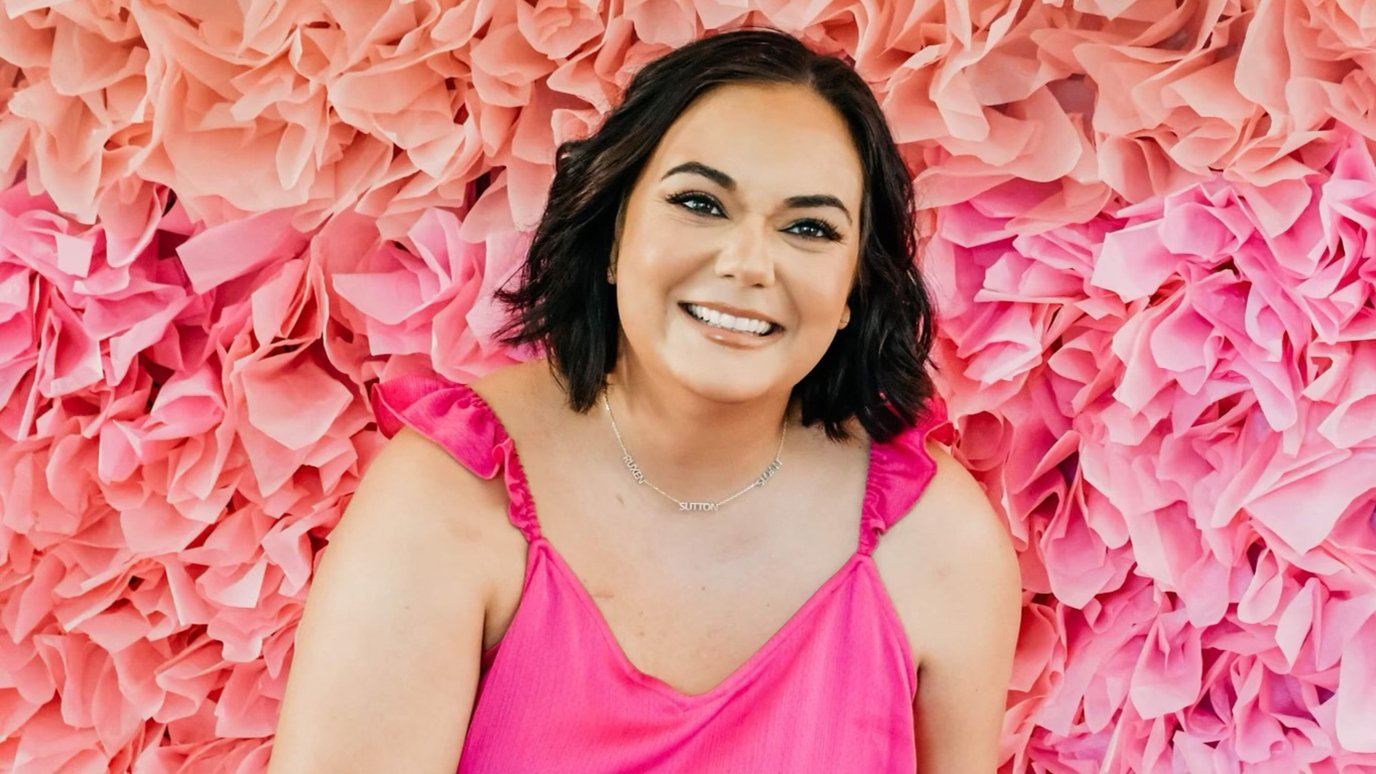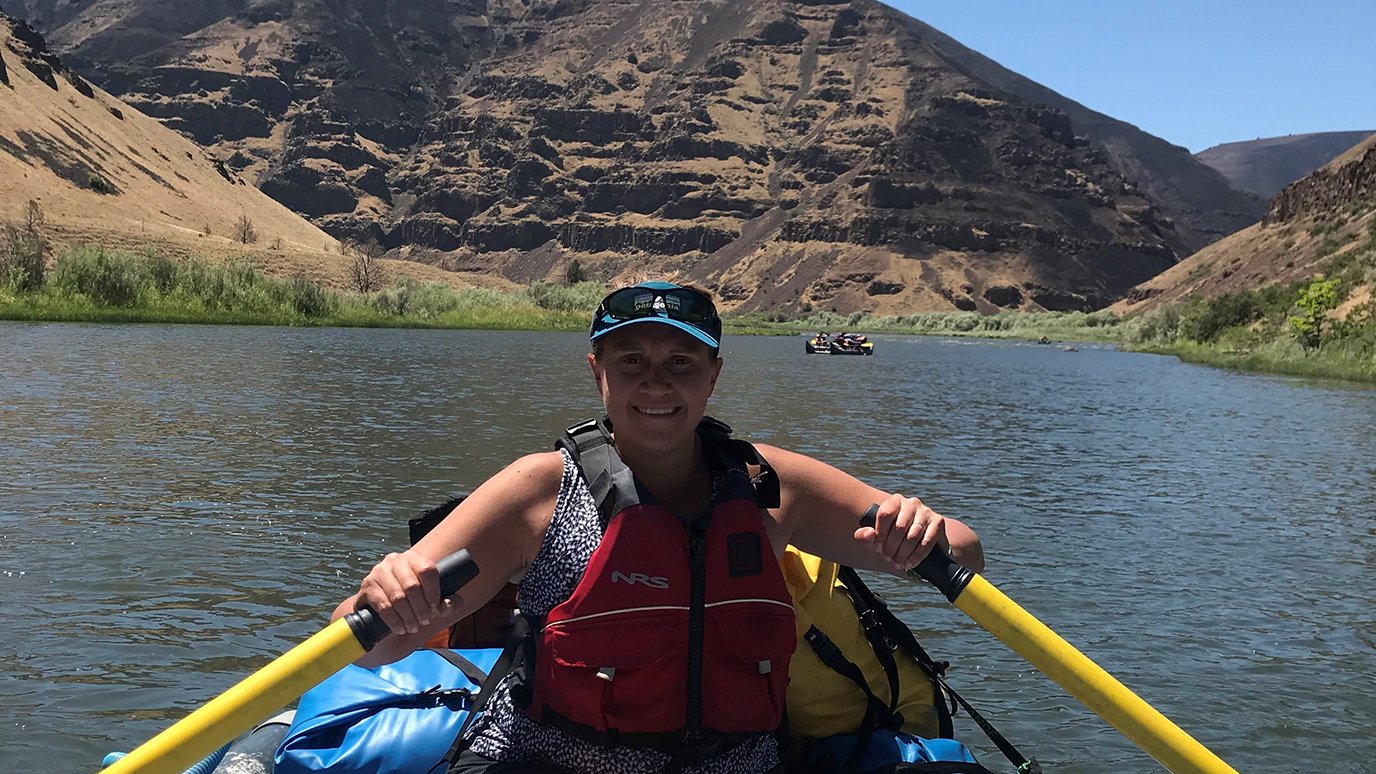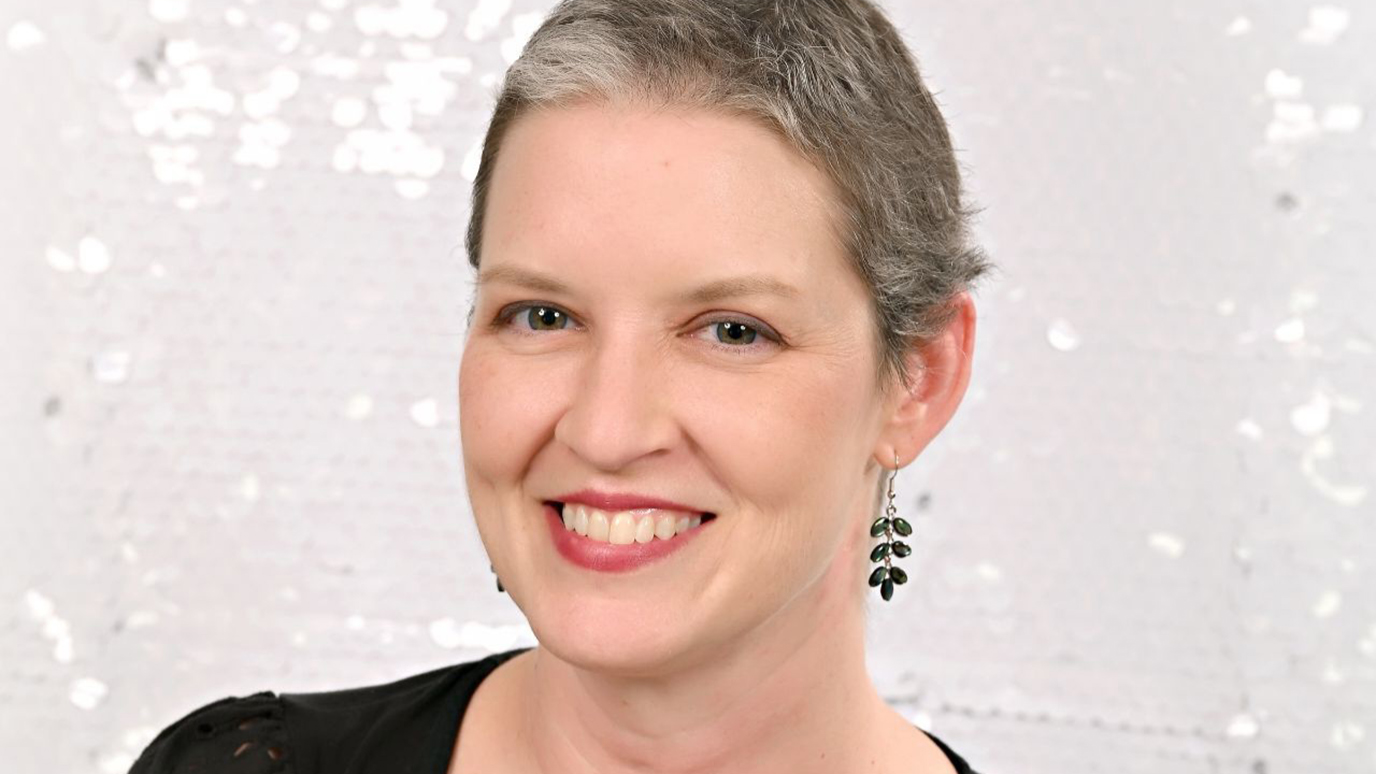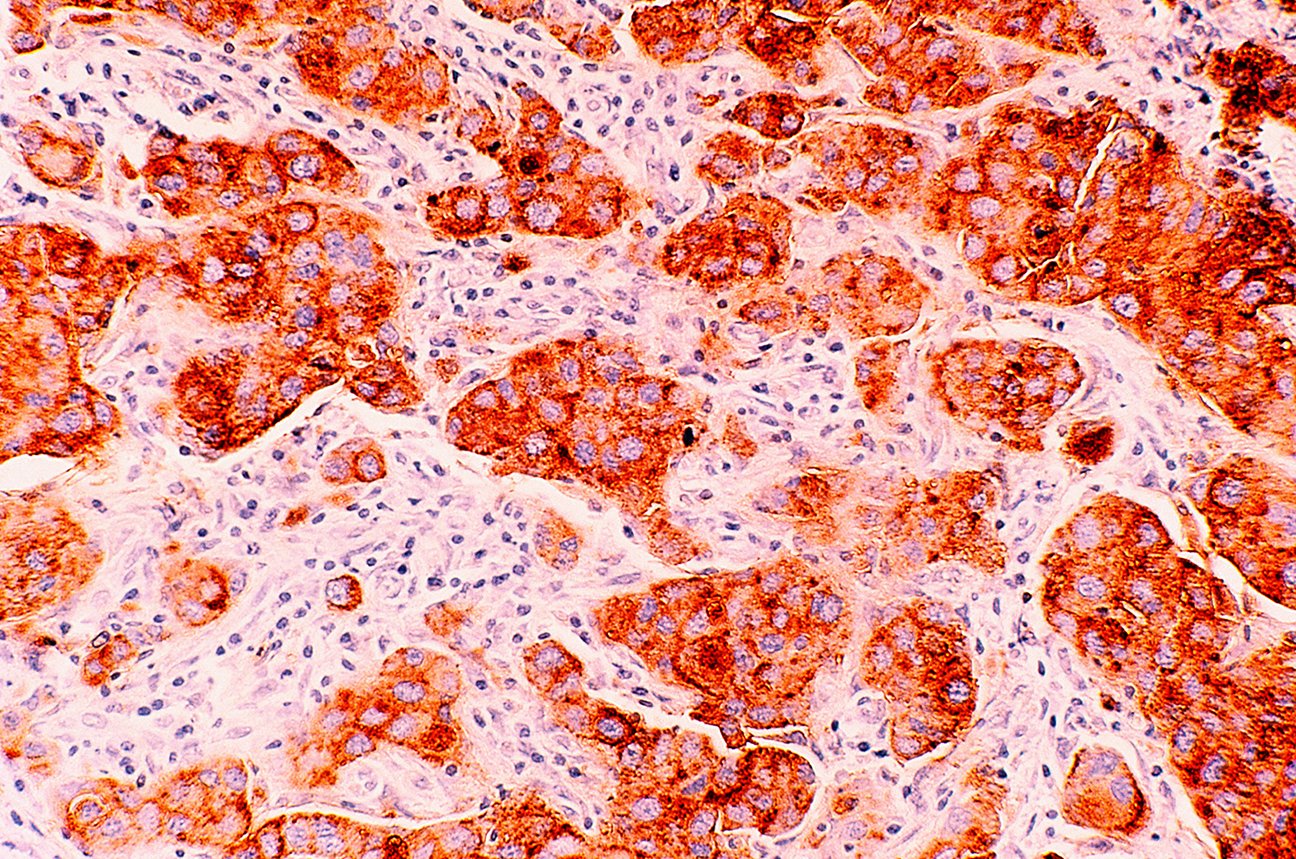What's it like to volunteer at the Houston Open?
- Diseases
- Acoustic Neuroma (14)
- Adrenal Gland Tumor (24)
- Anal Cancer (68)
- Anemia (2)
- Appendix Cancer (16)
- Bile Duct Cancer (26)
- Bladder Cancer (72)
- Brain Metastases (28)
- Brain Tumor (230)
- Breast Cancer (720)
- Breast Implant-Associated Anaplastic Large Cell Lymphoma (2)
- Cancer of Unknown Primary (4)
- Carcinoid Tumor (8)
- Cervical Cancer (158)
- Colon Cancer (164)
- Colorectal Cancer (114)
- Endocrine Tumor (4)
- Esophageal Cancer (44)
- Eye Cancer (36)
- Fallopian Tube Cancer (8)
- Germ Cell Tumor (4)
- Gestational Trophoblastic Disease (2)
- Head and Neck Cancer (8)
- Kidney Cancer (126)
- Leukemia (344)
- Liver Cancer (50)
- Lung Cancer (288)
- Lymphoma (284)
- Mesothelioma (14)
- Metastasis (30)
- Multiple Myeloma (98)
- Myelodysplastic Syndrome (60)
- Myeloproliferative Neoplasm (4)
- Neuroendocrine Tumors (16)
- Oral Cancer (100)
- Ovarian Cancer (172)
- Pancreatic Cancer (164)
- Parathyroid Disease (2)
- Penile Cancer (14)
- Pituitary Tumor (6)
- Prostate Cancer (144)
- Rectal Cancer (58)
- Renal Medullary Carcinoma (6)
- Salivary Gland Cancer (14)
- Sarcoma (238)
- Skin Cancer (296)
- Skull Base Tumors (56)
- Spinal Tumor (12)
- Stomach Cancer (62)
- Testicular Cancer (28)
- Throat Cancer (92)
- Thymoma (6)
- Thyroid Cancer (96)
- Tonsil Cancer (30)
- Uterine Cancer (80)
- Vaginal Cancer (16)
- Vulvar Cancer (20)
- Cancer Topic
- Adolescent and Young Adult Cancer Issues (20)
- Advance Care Planning (10)
- Biostatistics (2)
- Blood Donation (18)
- Bone Health (8)
- COVID-19 (362)
- Cancer Recurrence (120)
- Childhood Cancer Issues (120)
- Clinical Trials (632)
- Complementary Integrative Medicine (24)
- Cytogenetics (2)
- DNA Methylation (4)
- Diagnosis (230)
- Epigenetics (6)
- Fertility (62)
- Follow-up Guidelines (2)
- Health Disparities (14)
- Hereditary Cancer Syndromes (124)
- Immunology (18)
- Li-Fraumeni Syndrome (8)
- Mental Health (118)
- Molecular Diagnostics (8)
- Pain Management (62)
- Palliative Care (8)
- Pathology (10)
- Physical Therapy (18)
- Pregnancy (18)
- Prevention (914)
- Research (398)
- Second Opinion (74)
- Sexuality (16)
- Side Effects (608)
- Sleep Disorders (10)
- Stem Cell Transplantation Cellular Therapy (216)
- Support (402)
- Survivorship (322)
- Symptoms (184)
- Treatment (1790)
Young adult breast cancer survivor: Why I volunteer at the Texas Children’s Houston Open
3 minute read | Published April 03, 2025
Medically Reviewed | Last reviewed by an MD Anderson Cancer Center medical professional on April 03, 2025
I have volunteered at the Texas Children’s Houston Open golf tournament for three of the last five years.
The first time, I had just started treatment for breast cancer at MD Anderson.
The second time, I had just finished those treatments.
But as a three-year cancer survivor today, doing it this year has been particularly satisfying because MD Anderson is the Official Cancer Center of the Texas Children’s Houston Open and the sponsor of the volunteer program. Volunteering at the tournament as a survivor feels like I have come full circle.
Getting treatment and volunteering anyway
I signed up to volunteer at the Houston Open right before I was diagnosed with stage I invasive ductal carcinoma in my right breast. It was 2021 and I'd found a tiny lump as I was checking myself over. I'd been practicing breast awareness since my early twenties — paying attention to changes in my breasts — and as it turned out, that habit saved my life. I went to MD Anderson immediately.
My first volunteer shift was two days after my first chemotherapy infusion, and initially, I wasn’t going to do it. I had just gotten my chemo port installed and that made my volunteer assignment kind of tricky. My job was to raise my hands when someone was about to tee off, to let spectators know to be quiet. I couldn’t really do that with my right arm.
But I kind of wanted to stick it to cancer and say you’re not going to take away my fun. So, I talked it over with the volunteer coordinator, and everyone was so supportive. They said I could just raise my left arm. I did that for about six hours over two days.
Being at the tournament and feeling like I could be myself even though I was going through the hardest part of my life was amazing.
Back on the course with no evidence of disease
I volunteered again at the Houston Open in 2022, not long after I completed cancer treatment.
Over the course of 10 months, I’d had 16 rounds of chemotherapy, a lumpectomy and radiation therapy through a clinical trial called SAPHIRE, which explores the feasibility of reducing radiation treatment with increased surveillance.
I still wasn’t feeling my best, but I could lift both arms, and I showed no evidence of disease. I was determined not to let cancer get the best of me, so, I volunteered again.
I love being on the course because it gets me out, I can move my body and meet new people. And the Houston Open will always hold a special place in my heart because it’s a way to support MD Anderson.
MD Anderson has our back, in clinic and in the community
MD Anderson being the tournament’s Official Cancer Center makes this volunteer gig extra special. Just seeing MD Anderson’s presence at the tournament — like the free sunscreen kiosks and shaded grandstands — was a warm reminder that MD Anderson always has my back.
Even at events like the Houston Open, they are still looking out for everyone, with ways to protect our skin and stay safe in the sun. That made the experience even more rewarding. And it made me proud to wear my volunteer uniform branded with MD Anderson’s logo.
MD Anderson has been a part of my life during some of its scariest moments. It’s still a part of my life now that I am cancer-free and happy. It’s really comforting to know that should I ever need it again, MD Anderson is right around the corner.
Request an appointment at MD Anderson online or call 1-877-632-6789.
Related Cancerwise Stories

It feels like I have come full circle.
Rosemary Edmunds
Survivor







